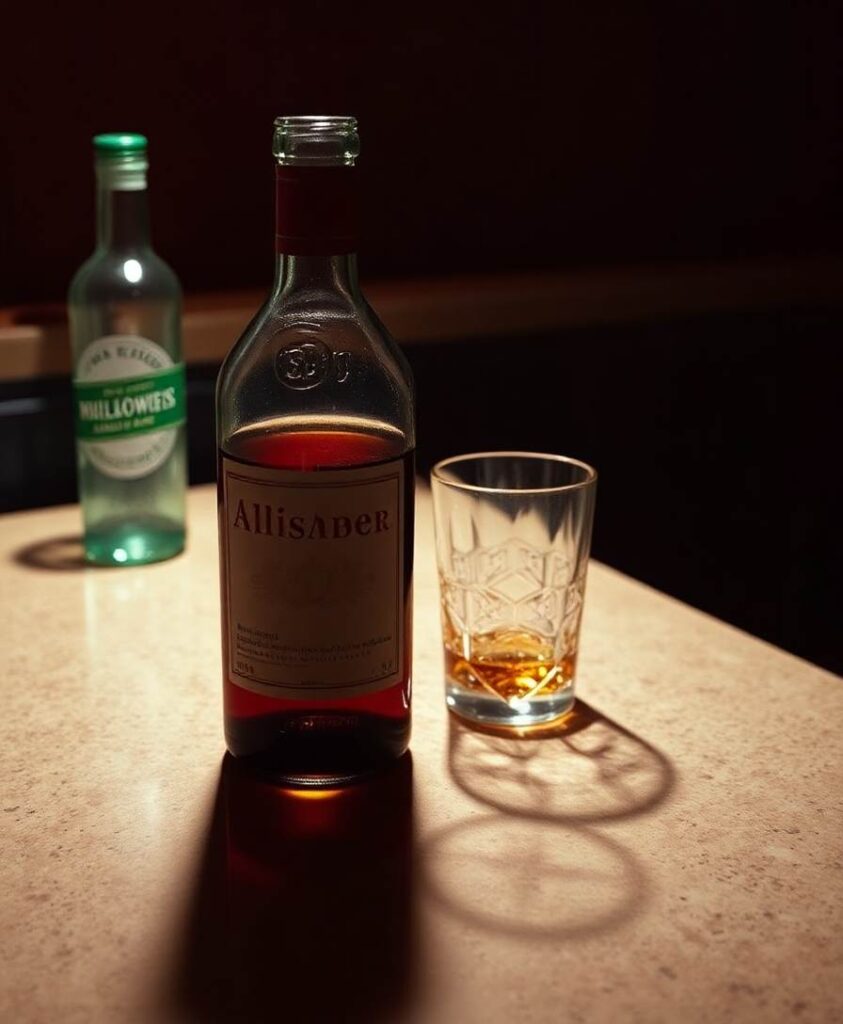This surge in alcohol-related cancer deaths prompts a vital question for communities that value connection and resilience. How do we reconcile the cultural importance of alcohol with the growing understanding of its health risks? For many, alcohol isn’t just a beverage—it’s part of the stories we tell, the bonds we forge, and the traditions we hold dear. Yet, as the numbers reveal, this relationship can carry unseen costs that ripple through families, friendships, and community fabric.
Understanding the Hidden Costs of Alcohol in Our Lives
When considering the rise in alcohol-related cancers, it’s crucial to recognize that these deaths are not just statistics—they are stories of lives impacted by choices that often seem intertwined with social acceptance. For some, alcohol consumption is a way to connect, to ease social anxiety, or to honor cultural rituals. But beneath these familiar scenes, the risk is mounting silently, particularly for men, who are experiencing the most significant increase in alcohol-related cancer deaths.
For those who identify within communities where drinking is part of the social fabric, the challenge becomes how to honor tradition while also safeguarding health. The link between alcohol and certain cancers may seem distant or abstract until it hits close to home—perhaps a family member diagnosed with a health condition linked to alcohol or a community member whose life is cut short too soon.
What This Means for Identity and Community Well-Being
In communities where alcohol is woven into the cultural identity, confronting this data can feel like a threat to that shared sense of belonging. But it also offers an opportunity for growth—redefining what it means to celebrate, to connect, and to care for one another. Embracing this knowledge doesn’t mean abandoning tradition; it’s about evolving our shared practices to prioritize health and longevity without losing our sense of community.
Recognizing the impact of alcohol on cancer risk can inspire community-led initiatives—such as promoting alcohol-free celebrations, providing education about the risks, and creating spaces where people feel supported in making healthier choices. These efforts can strengthen the bonds that matter most, fostering a sense of resilience rooted in caring for one another’s well-being.

Taking Action in Your Community and Personal Life
If you’re part of a community where alcohol is a cultural cornerstone, consider how you might support change from within. Sharing stories, raising awareness, and offering alternatives at gatherings can slowly shift norms. On a personal level, understanding how alcohol affects your health—especially if you have a family history of cancer—can empower you to make informed choices that align with your values and your community’s future.
While the data about rising alcohol-related cancer deaths is unsettling, it also highlights the importance of collective action. By fostering open conversations and supporting health-centered traditions, communities can honor their identity while reducing the unseen toll of alcohol-related diseases.
Learn More: Alcohol-Related Cancer Deaths Doubled in US
Abstract: Alcohol-fueled cancer deaths nearly doubled in the United States during the past three decades, with cases among men driving this surge, a new study says. Between 1990 and 2021, deaths from alcohol-related cancers leaped from just under 12,000 deaths per year to just over.
Link: Read Full Article (External Site)

